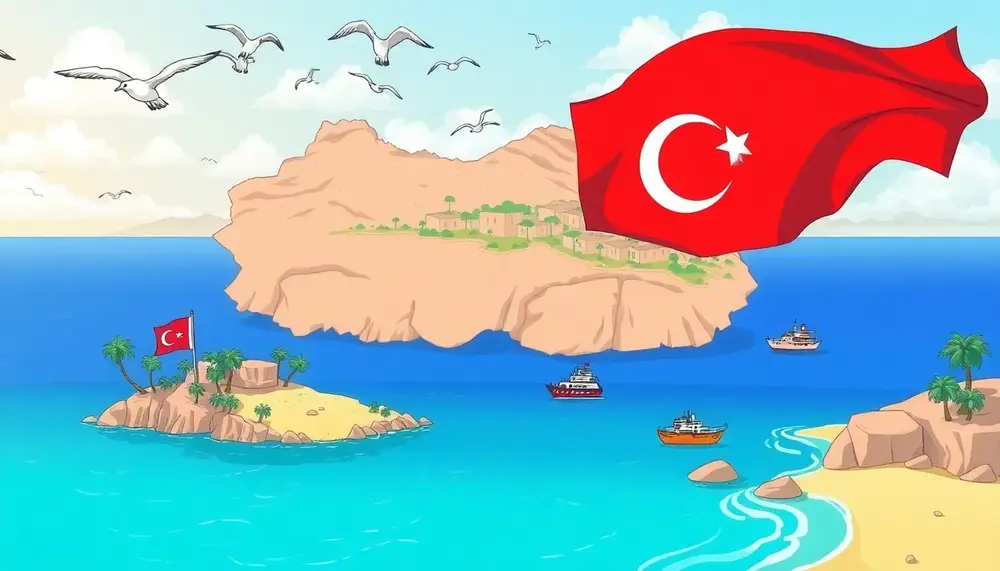Geopolitics
Geopolitics
Geopolitics
Geopolitics refers to the influence of geography on politics and international relations. It examines how geographical factors like location, resources, and physical terrain impact political power and decisions.
Geopolitics in Cyprus
Cyprus is a prime example of geopolitics in action. Its strategic location in the Eastern Mediterranean has made it a focal point for various powers throughout history. The island sits at the crossroads of Europe, Asia, and Africa, making it a valuable asset for trade and military purposes.
Historical Context
Throughout history, Cyprus has been controlled by many empires, including the Greeks, Romans, Byzantines, and Ottomans. Each sought to leverage the island's strategic position. In modern times, Cyprus gained independence from British rule in 1960, but geopolitical tensions have persisted.
Modern Geopolitical Issues
Today, Cyprus is divided into the Republic of Cyprus and the Turkish Republic of Northern Cyprus, recognized only by Turkey. This division is a direct result of geopolitical struggles. The island's location makes it a point of interest for regional and global powers, including the European Union, Russia, and the United States.
Energy Resources
Recent discoveries of natural gas in the Eastern Mediterranean have added another layer to Cyprus's geopolitics. These resources have the potential to shift power dynamics in the region. Countries are now vying for influence over these valuable reserves.
Conclusion
Understanding geopolitics is crucial for grasping the complexities of Cyprus's political landscape. The island's strategic location and resources continue to shape its interactions with the world. As global interests evolve, so too will the geopolitical significance of Cyprus.
Blog Posts with the term: Geopolitics

Cyprus, located in the eastern Mediterranean Sea at the crossroads of Europe, Asia, and Africa, covers 9,251 square kilometers and features diverse landscapes including beaches and mountains. Despite its compact size compared to countries like Belgium or Luxembourg, Cyprus has...

Nicosia, the capital of Cyprus, uniquely blends rich history with modern living and is notable for being Europe's last divided city. Visitors can explore its ancient architecture, bustling markets, and diverse cultural heritage while enjoying a warm Mediterranean climate and...

The Cyprus Presidency involves significant responsibilities, including shaping national policies and international relations, with the President acting as a key diplomat and decision-maker in both domestic governance and global diplomacy....

The Cyprus Armed Forces, established after independence in 1960, have evolved into a conscript-based military focused on territorial defense and modernization while maintaining strategic independence through European partnerships....
